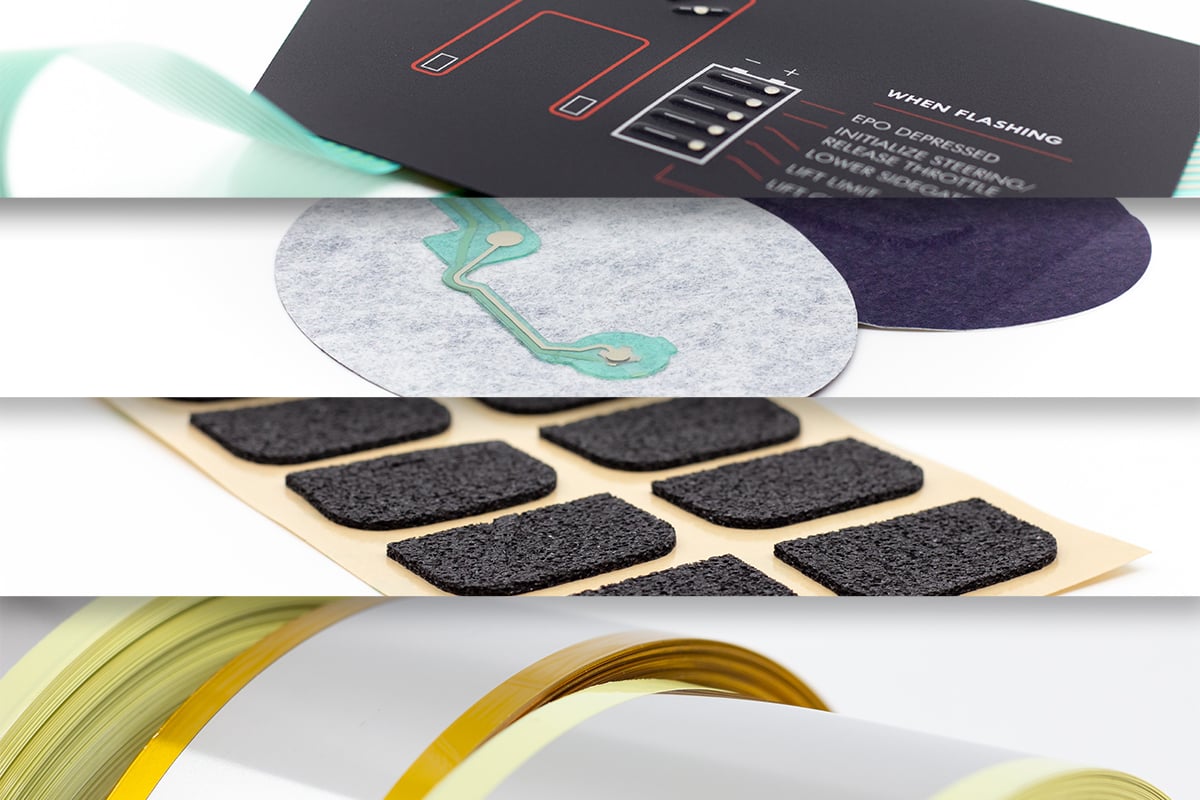
How to Choose the Best Carpentry Tools for Your Next Project-Choosing the right carpentry tools for your next woodworking project is crucial to ensuring your success. Whether you’re building furniture, framing a house, or crafting intricate woodwork, the tools you use will directly affect the quality, speed, and ease of your work. With so many options available, it can be overwhelming to decide which carpentry tools are best suited for your needs. In this guide, we’ll help you make informed decisions on selecting the best carpentry tools for your next project.
1. Assess the Scope of Your Project
The first step in choosing the right carpentry tools is understanding the scope of your project. Are you working on a small DIY project like a bookshelf, or tackling a large-scale project such as constructing furniture or building a shed? The tools you’ll need for a simple project will differ greatly from the ones required for a larger, more complex job.
For smaller tasks, basic hand tools like hammers, measuring tapes, and screwdrivers might suffice. However, for more intricate or heavy-duty projects, you’ll need power tools like a circular saw, miter saw, and power drill. Consider your project’s requirements—materials, precision, and scale—and then make a list of tools that will be necessary to complete the job efficiently and accurately.
2. Consider the Material You’re Working With

Another important factor when choosing carpentry tools is the type of wood or material you’re working with. Different materials require different tools for best results. For instance, softwoods like pine are easier to cut and shape, so basic hand tools and small power tools might be all you need. On the other hand, hardwoods like oak or maple require more specialized tools and sharper blades for smooth cuts.
If your project involves working with plywood or MDF, tools like a jigsaw or circular saw are ideal for making precise, straight cuts. If you’re working with a harder wood or need finer detail, you might want to opt for tools such as a coping saw or chisel for intricate carving and shaping.
3. Evaluate Tool Durability and Quality
The durability and quality of carpentry tools are key factors that determine both the longevity of your tools and the quality of your work. Investing in high-quality tools will save you time and money in the long run. While it might be tempting to buy cheap tools, they often lack the precision, sturdiness, and longevity of professional-grade tools.
Look for well-established brands with a reputation for high-quality carpentry tools. Steel, especially high-carbon steel, is a common material in premium tools, and it offers superior durability. Power tools should have strong motors, comfortable grips, and solid construction to ensure they last longer and work efficiently.
For hand tools like hammers and chisels, go for ergonomic handles that offer comfort and control, as these will make your work more efficient and reduce strain on your hands. Quality tools might cost more upfront, but their performance and longevity will make them worth the investment. (Read More: Creative Ideas for Decoration Around Mirrors: Transform Your Space with Style in 2024)
4. Think About Safety Features

Safety is paramount when working with carpentry tools, especially power tools. Ensure that any tool you select has built-in safety features, such as blade guards, safety switches, and dust collection systems. These features not only protect you while you’re working but also help to maintain a clean and safe work environment.
For power tools like drills, saws, and sanders, always check for safety features like automatic shut-off functions, anti-kickback systems, and blade brakes. Wearing proper safety gear, including eye protection, gloves, and ear protection, is also essential when working with tools that generate dust, noise, or flying debris.
5. Choose Tools That Match Your Skill Level
Another consideration when selecting carpentry tools is your experience level. If you’re a beginner, you may want to start with basic, easy-to-use hand tools that don’t require a lot of technical expertise. Simple tools like a hammer, measuring tape, level, and square can help you build your skills without overwhelming you.
As you gain more experience, you can gradually introduce power tools into your toolkit. However, be sure to take the time to learn how to use them properly, as power tools can be dangerous if used incorrectly. Many brands offer beginner-friendly versions of power tools with features like safety locks and adjustable speeds, making them a great choice for novice woodworkers. (Read More: Transform Your Space: Top Decoration Backdrops for Photoshoots
6. Consider Tool Versatility
When choosing carpentry tools, it’s important to prioritize versatility. Tools that can serve multiple purposes will help you get the most value for your money and reduce the number of tools you need to buy. For example, a combination square can be used for measuring, marking, and checking the alignment of cuts. A power drill can be used for both drilling holes and driving screws, saving you from needing separate tools for each task.
Investing in versatile tools will streamline your workflow and ensure you have the right tool for the job without cluttering your workspace with unnecessary equipment. Look for tools that come with different attachments or settings, allowing you to tackle a variety of tasks with one tool. (Read More: Luxury On A Budget End Home Decor Tips)
7. Take Tool Storage Into Account

Proper storage for your carpentry tools is just as important as the tools themselves. A cluttered workshop can lead to misplaced tools and even accidents. When purchasing tools, consider how you’ll store and organize them. Toolboxes, tool chests, and pegboards are essential for keeping your tools organized and easily accessible.
For larger tools like power saws and drills, invest in a sturdy rolling tool cart or wall-mounted shelves to keep them in good condition and readily available. Keeping your tools organized will help you stay productive and avoid wasting time searching for the right tool.
Conclusion article How to Choose the Best Carpentry Tools for Your Next Project
Choosing the best carpentry tools for your next project comes down to understanding the scope of your work, the materials you’re using, and your skill level. Whether you’re a beginner or a seasoned woodworker, the right set of tools will make your job easier, faster, and more enjoyable. Always prioritize quality, durability, and safety when selecting your tools, and don’t forget to keep your tools organized for maximum efficiency.
By taking the time to carefully consider your needs and invest in high-quality carpentry tools, you’ll be well on your way to completing your woodworking projects with precision and confidence. Happy building!




1 thought on “How to Choose the Best Carpentry Tools for Your Next Project”